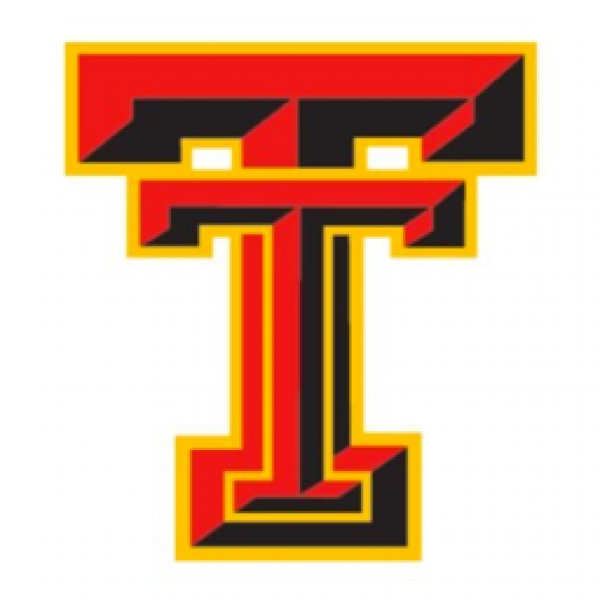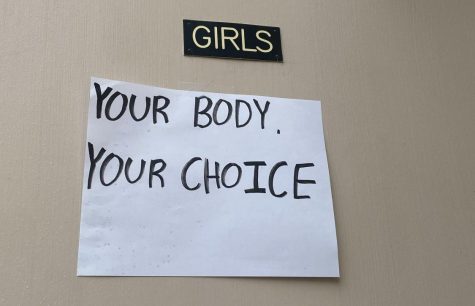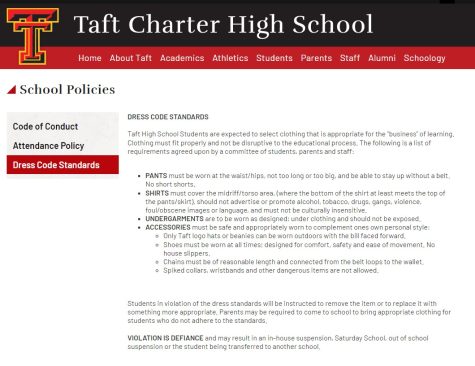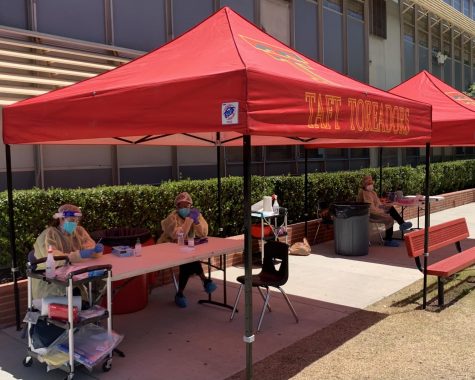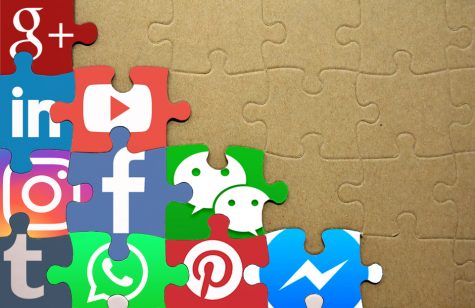Please Hold
At the high school age, it’s becoming increasingly common for teens to experience new freedoms and activities that they haven’t been able to before. There are various new thrills high school students come across, such as the experience of driving, credit/debit cards, and new jobs. Unfortunately, with these new, foreign experiences, hassles of daily life, like going to the D.M.V, are making themselves known as well. Another example of these daily troubles is calling for customer support, whether it be that your phone got ran over or you need to schedule a time to pick up some flowers at your local market. But have you ever wondered why some of these calls can end up with you being stuck on hold for hours on end?
Obviously, everyone has their own seemingly logical answer to this question, and brush it off as a common annoyance. There will always be people who call before you have more important matters to attend to, and etc. It’s just a matter of waiting for your turn to be assisted, and the customer service people will attend to you as soon as they are done with the person right before you.
Although these beliefs seem like they are why you have wait on hold for a good half an hour, in reality, it’s not. Actually, companies base when they will get to your call off of something that they call a CLV. This acronym means “Customer Lifetime Value”, simply meaning how much of a chance the companies have of getting money out of you. Companies gather data on their consumers to determine their likelihood of spending their money on products, and use said data to determine the prices that you will pay for goods and services, the ads that you see, and the perks and discounts that you receive.
For example; credit card customers who’d like to cancel their membership may be offered different reasons and rewards to stay with the original company based on how much the company is milking the consumer out of in the first place. An individual with a greater likelihood of earning the company more money is more likely to be offered various reasons to stay with a certain card/bank, with anything ranging from more rewards to nice discounts. With the internet, companies have increasingly easy methods of gathering data on their consumers and finding data that can predict the likelihood that you’ll try to return a product or even the likelihood of you upgrading to a new one. For this reason, they will also be prioritized when it comes to customer service calls, as they are more profitable to the company.
Obviously, high school students aren’t going to be the greatest priorities to businesses, and experience even longer call wait times than, say, your parents who would be calling the same company about the same thing at the same time. Often, people in marriages and large cities that are frequent shoppers are prioritized, with couples having the greatest chance of spending money on a company’s product considering that they have in the past. These people will always be prioritized over other, low-income, single people in more rural settings because they simply do not provide as much of an opportunity for the company to earn money.
Although this may seem simple enough, and possibly even a smart move by businesses, many consumers believe that this is simply unfair and that the use of data mining to determine whether or not a customer’s call will be answered before another is not moral. With the various controversies of social media networks using massive amounts of user data to determine, say, advertisements, it is not unlikely that companies will be put under the same widespread backlash if news of this is spread, and companies may lose all of the customers that they didn’t know were important to them in the first place.
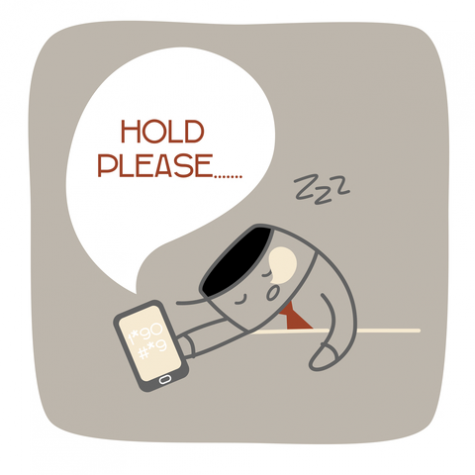
Many call centers are known for their ridiculous hold times. (https://www.informationmapping.com/in/resources/blog/tired-of-spending-time-on-hold-blame-poor-call-center-documentation)




